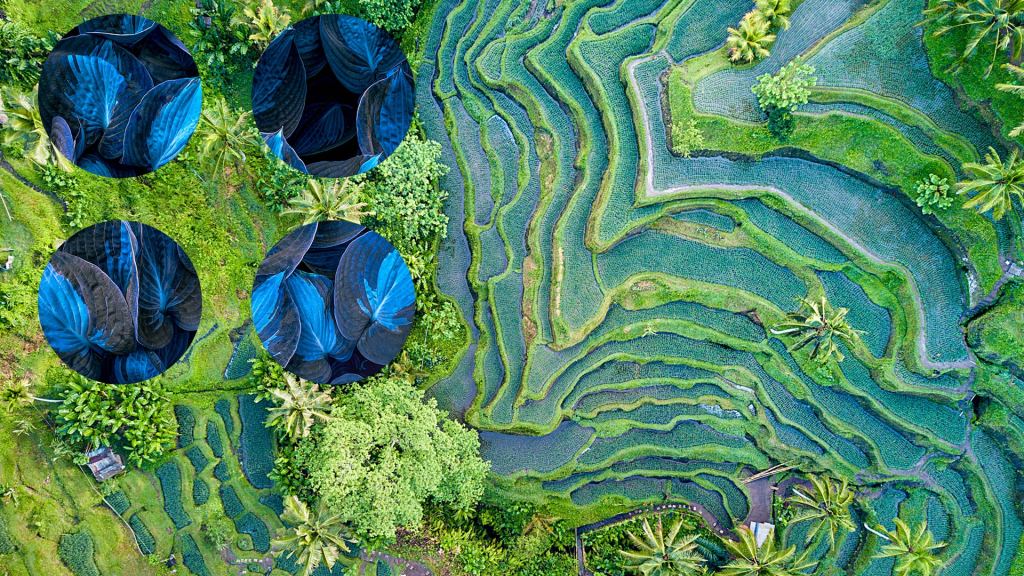History

Over six decades, the foundation has played a crucial role in strengthening Indonesian civil society. Through partnerships, we have supported generations of social justice leaders—many of them now serving in government—who are committed to tolerance, pluralism, and opportunity. Our partners have developed promising new ideas, such as community forestry, helped make local government more accountable, and given people a stronger voice in decisions that shape their lives.
The foundation’s office in Jakarta opened in 1953, initially focusing on education, teacher training, and the development of expertise in the fields of economics and agriculture. After a change of government in the 1960s, new programs at the national level provided support for family planning, rice research, and rural development. Those themes continued through the 1970s, when Indonesia became a self-sufficient rice producer.
In the 1980s and 1990s, the foundation shifted its emphasis to protecting community-based land and water resources, developing women’s microenterprises, and supporting an emerging sector of civil society organizations. Among our partners were groups that studied, documented, and sustained Indonesia’s diverse and vibrant cultural traditions, such as Gondang Batak music and Gandrung Banyuwangi dance. During those years, important community development and advocacy efforts, led by grantees that were working outside government, promoted minority and human rights, advanced women’s rights and gender equity, expanded community rights to forest resources, and championed free expression.
By investing in the country’s ongoing process of decentralization and democratization, in recent years we have been working with our partners to generate new economic opportunities for the poor and marginalized, improve implementation of new policies, and offer more Indonesians a true stake in their country’s future. Today, more support is needed to preserve these important democratic, economic, and social gains and to further promote the institutionalization of democracy in the world’s largest Muslim-majority nation.